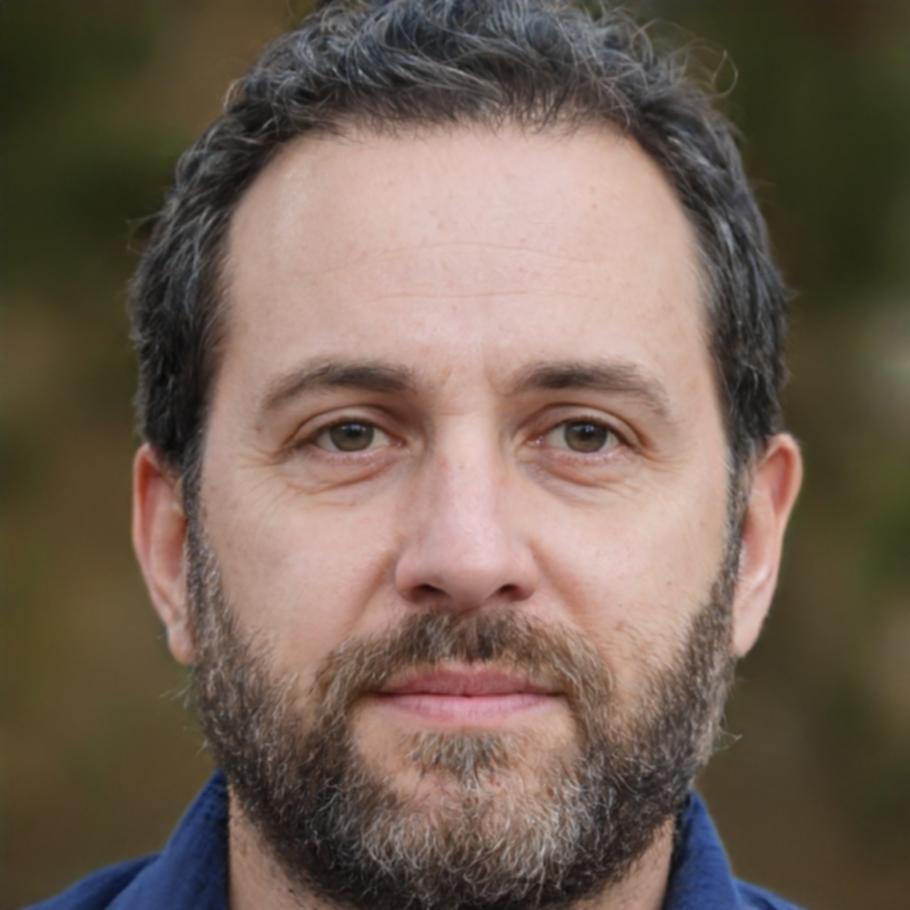Budget Analysis That Makes Sense
Look, most people overcomplicate this stuff. We break down financial planning into manageable pieces that actually work for Australian businesses. Starting September 2025, we're running programs that focus on practical skills you'll use right away.
Explore Programs

Why Budget Analysis Matters More Now
Between inflation shifts and changing business models, the old spreadsheet tricks don't cut it anymore. Companies need people who can spot patterns in spending, identify where money's actually going, and suggest changes that make a real difference.
We've been teaching this since 2018, and what we've noticed is that the best analysts aren't necessarily the ones with finance degrees. They're the ones who ask good questions and know how to dig into the numbers without getting lost.
Our autumn 2025 intake focuses on building that investigative mindset alongside the technical skills. You'll work with actual company data — anonymised, of course — and learn to present findings in ways that non-finance people can actually understand.
What You'll Actually Learn
We've structured the program around what employers keep asking for. Not theory for theory's sake.
Variance Analysis
Comparing planned versus actual spending sounds simple, but there's an art to knowing which variances matter and which are just noise. You'll learn to spot the patterns that actually indicate problems.
Forecasting Methods
Building realistic projections means understanding seasonal patterns, market trends, and human behaviour. We cover several forecasting approaches and help you figure out which works when.
Cost Allocation
How do you fairly distribute shared costs across departments? This gets messy fast in real businesses. You'll practice with scenarios that mirror what actually happens in organisations.
Reporting Frameworks
Creating reports that executives will actually read requires knowing what to show and what to leave out. You'll build several report types and get feedback on clarity and usefulness.
Scenario Planning
What happens if revenue drops 15%? What if a major client leaves? You'll learn to model different futures and prepare contingency budgets that help organisations stay flexible.
Data Quality Checks
Garbage in, garbage out. Before you can analyse anything, you need clean data. We teach you to spot common errors, handle missing information, and know when data's reliable enough to use.
How the Learning Actually Works
We don't do lectures. Well, some theory is necessary, but most of your time is spent working through problems with other participants. Small groups, real scenarios, and plenty of back-and-forth.
- Weekly live sessions with case studies to work through together
- Access to practice datasets that mirror actual business complexity
- Peer review process where you critique each other's analysis
- Monthly Q&A sessions with working budget analysts
- Final project where you analyse a real company's budget structure
The format is designed for people who work full-time. Sessions are evenings, and you can catch recordings if you miss one. Most participants spend about 8-10 hours weekly on coursework during the 16-week program.

Program Timeline
Foundations (Weeks 1-4)
Getting comfortable with budget terminology, understanding financial statements, and learning to navigate complex spreadsheets. You'll also start working with your study group during this phase.
Analysis Techniques (Weeks 5-8)
Diving into variance analysis, cost behaviour patterns, and different forecasting methods. This is where you start seeing how the pieces fit together and develop your analytical instincts.
Practical Application (Weeks 9-12)
Working with more complex scenarios that involve multiple departments, competing priorities, and incomplete information. You'll practice making recommendations when there's no obvious right answer.
Capstone Project (Weeks 13-16)
Your final project involves analysing a real organisation's budget situation and presenting your findings. This becomes a portfolio piece you can show potential employers or use in your current role.

I came in thinking budget analysis was just about being good at maths. Turns out it's more about understanding what the numbers are trying to tell you. The program helped me develop that intuition, and now I'm actually enjoying this work in ways I didn't expect.
Budget Analyst, completed 2024 program
Next Program Starts September 2025
Applications open in June. We keep groups small — typically 18-22 participants — so spots fill up fairly quickly. If you're interested, it's worth getting on the waiting list early.
Get Program Details